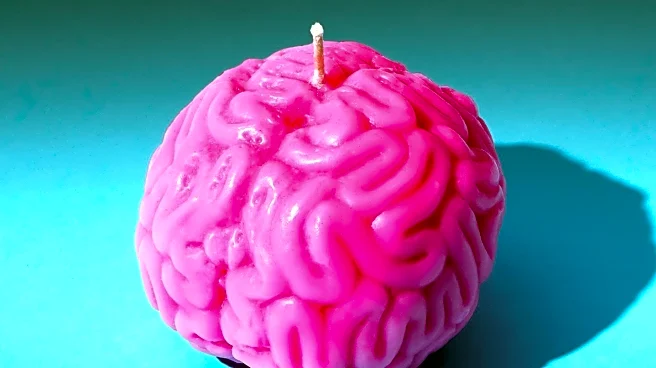What's Happening?
The term 'brain rot' has gained popularity online, referring to the potential negative effects of excessive time spent on social media and digital platforms. Experts, including neurologists, are examining whether this phenomenon is real and how it might
affect cognitive functions such as short-term memory, attention span, and impulsive behavior. Concerns are particularly focused on the impact on children, as parents worry about the long-term consequences of digital overconsumption. The discussion highlights the need for awareness and potential strategies to mitigate these effects.
Why It's Important?
Understanding the implications of 'brain rot' is crucial as digital consumption continues to rise, especially among younger demographics. If proven to have significant effects, it could influence public health policies and educational strategies aimed at reducing screen time and promoting healthier digital habits. Parents, educators, and policymakers may need to address these concerns to safeguard cognitive development and mental health. The broader societal impact could lead to shifts in how digital content is consumed and regulated.
What's Next?
Further research is likely to be conducted to substantiate the claims of 'brain rot' and its effects on cognitive functions. This could lead to recommendations for screen time limits and the development of educational programs to promote balanced digital consumption. Stakeholders such as schools, health organizations, and tech companies might collaborate to create guidelines and tools to help manage digital usage effectively.
Beyond the Headlines
The discussion around 'brain rot' also touches on ethical considerations regarding the responsibility of tech companies in designing platforms that encourage prolonged use. There may be calls for more transparent algorithms and features that promote healthy usage patterns. Additionally, cultural shifts could occur as society becomes more aware of the potential cognitive impacts of digital media.

















